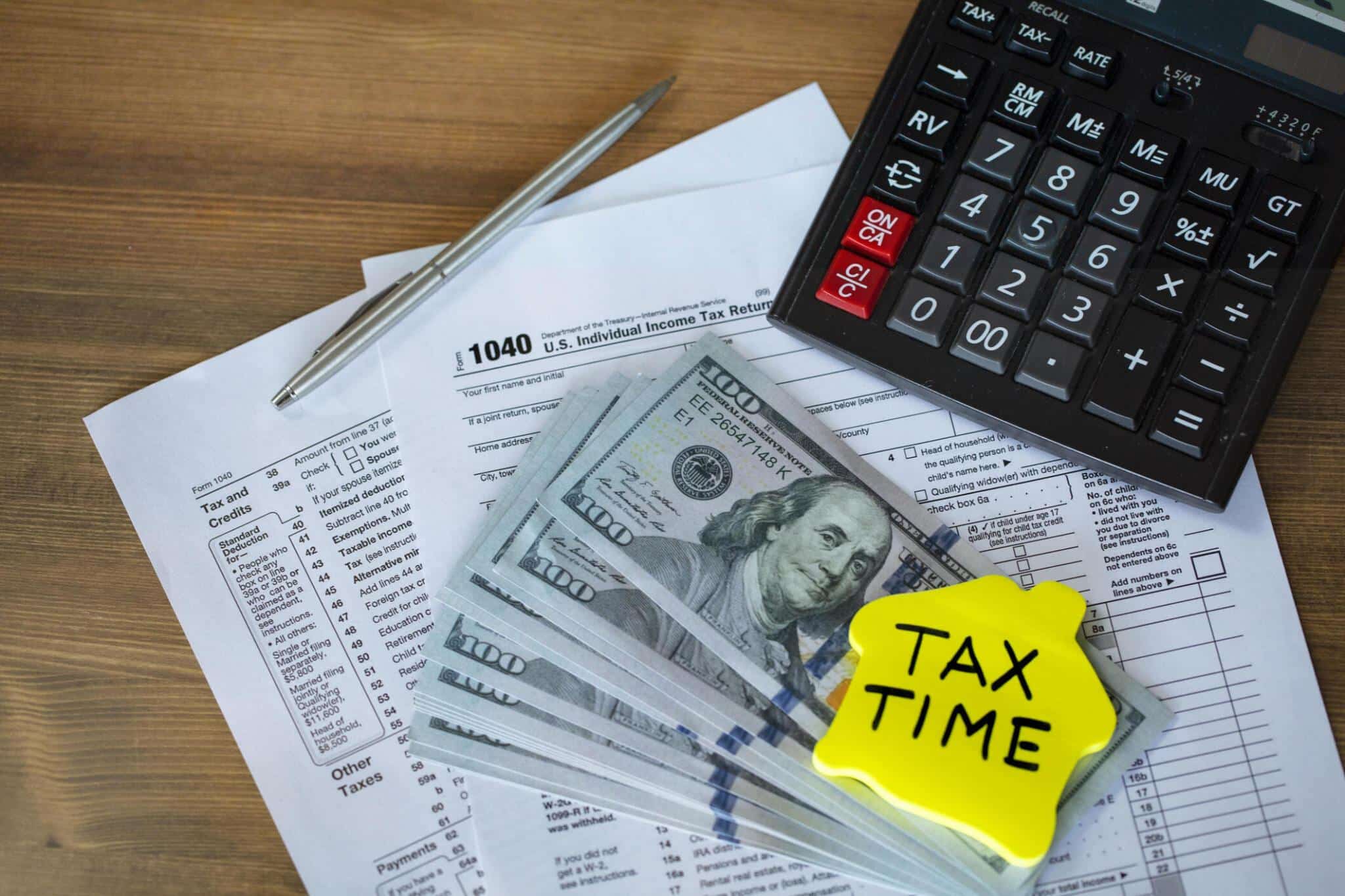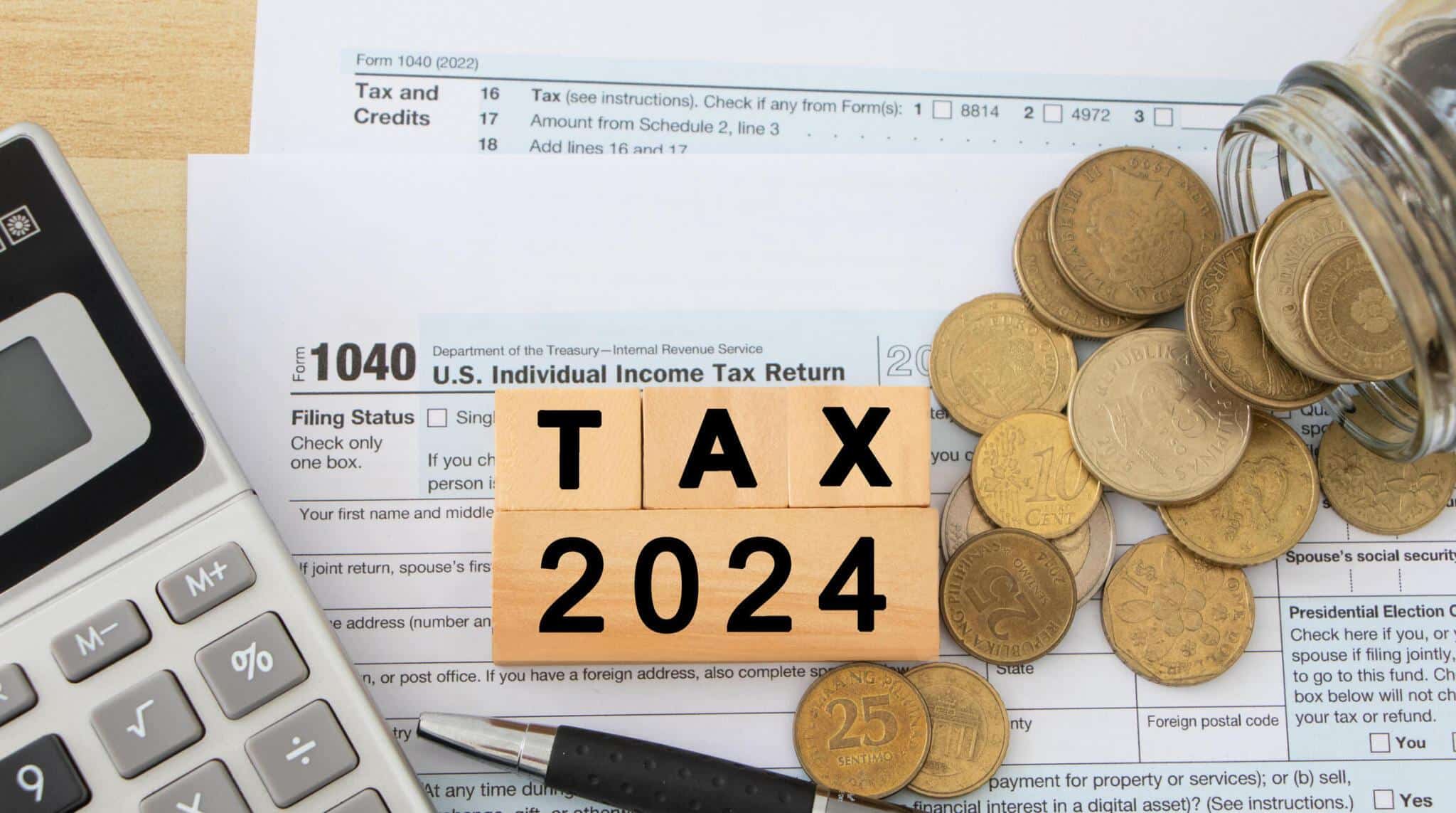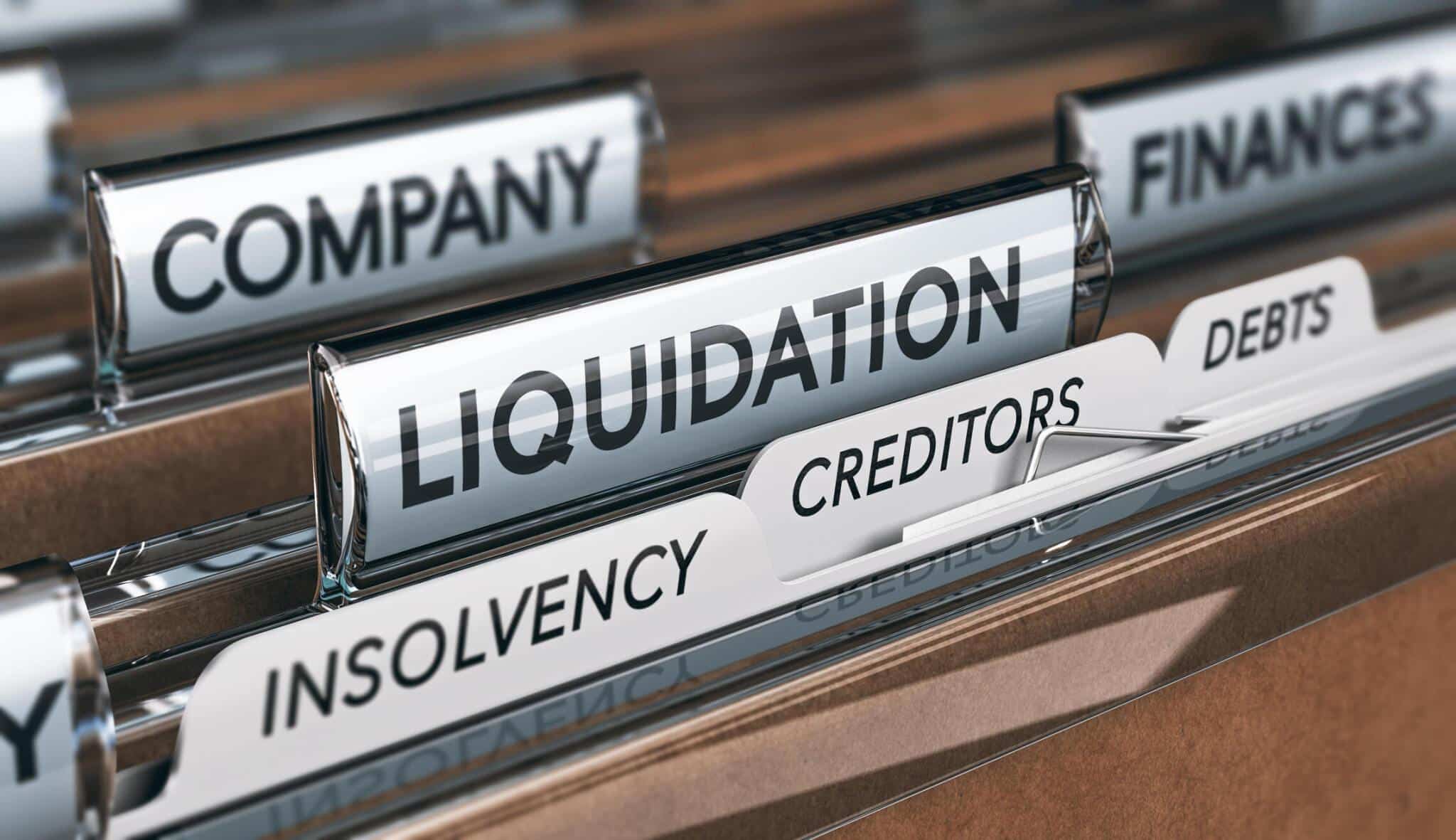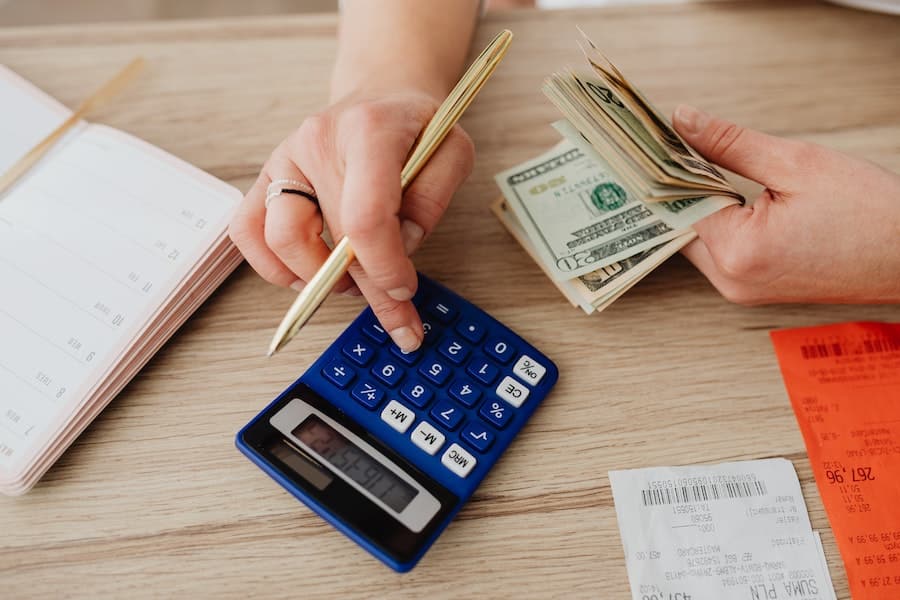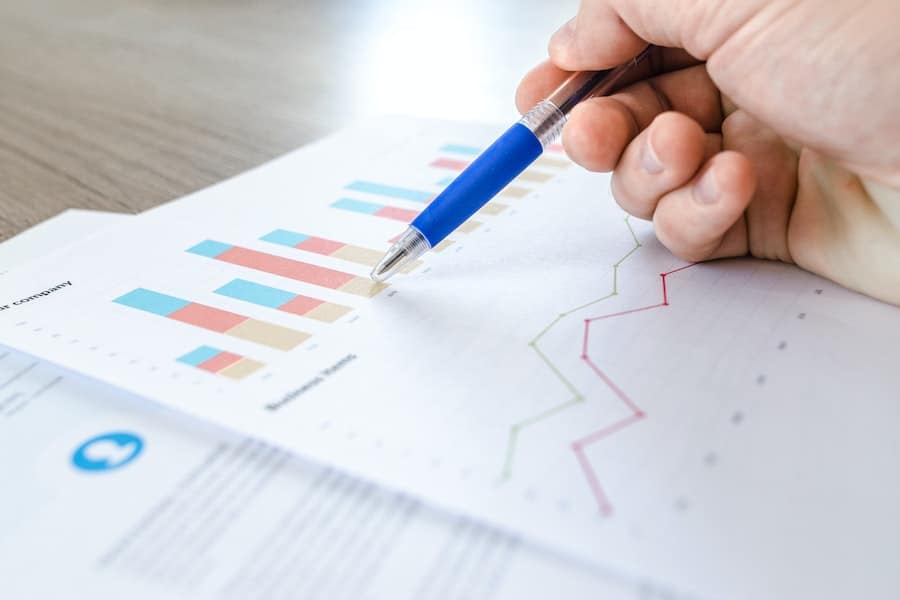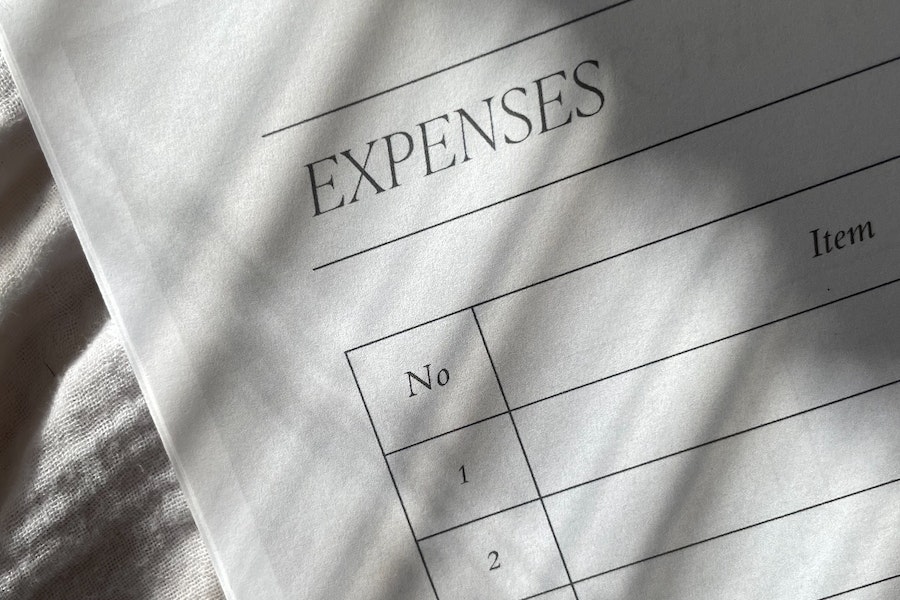When you operate a business, it’s easy to put your tax bill at the bottom of your payments list. After all, the tax office is making plenty of money, so why does it really need yours?
During the pandemic, the ATO did offer a lot of breathing room. However, this has led to skyrocketing levels of money owed, which it is taking action to recover.
What’s going on with tax debt in Australia?
The ATO is currently owed more than $50 billion in tax, and it is estimated that as much as two-thirds of this debt is owed by small businesses. To put it in perspective, the ATO says that their tax gap, the difference between what people have actually paid and if everyone was up to date with their payments, is 4.2 per cent for large companies but a much larger 13 per cent for small businesses. The problem has definitely worsened since the pandemic.
It would appear that many small businesses, possibly after getting used to tax-related breathing room during the pandemic, are now using their tax debt to ‘prop up’ their income. The other issue is that many small business owners try to do their own bookkeeping and tax, and it’s very easy for things to get out of control very quickly.
Amassing a large tax bill then hoping the ATO won’t notice is not a strategy, especially in this world of digital automation, when overdue accounts are picked up by machines, not people.
How is the ATO fighting this?
As stated ominously by the ATO’s second commissioner Jeremy Hirschhorn, “It’s not a matter of if you will be subject to investigation, rather when.”
The ATO is using increasingly sophisticated technology to track down discrepancies in tax returns and unpaid debts. Not only is it possible to receive a penalty, but the ATO can also notify credit reporting facilities. This means that it may become harder for your business to borrow money in the future. The tax department also acts like a lender itself, adding interest to your unpaid amounts. The next step is a garnishee notice, which will require your bank to transfer money to the ATO without your specific permission. You may also receive a Director Penalty Notice, and the worst case scenario if debts can’t be recovered is wind up action, which is more than likely to put you out of business.
What to do about unpaid tax debt?
If you have unpaid tax debt, you need to communicate with the ATO, preferably via your tax accountant.
The first step is to make sure the amount you’re believed to owe is correct; if you have been doing your own taxes or your bookkeeper has made an error you may find that the figure is inflated.
Once your tax accountant has reviewed your debt, they can contact the ATO to work out a payment plan on your behalf. Keep in mind that you will have to stay on top of your regular tax payments while you make these repayments, otherwise you will simply be digging your business into a bigger hole.
When you have the situation more under control, you can work with your tax accountant to figure out how you ended up so far behind with your payments. You may have to review your budget or set up some Profit First-style accounts so you always have your tax money ready when you need it.
Need help to get tax debt under control? Reach out to Mobbs and Company today.
